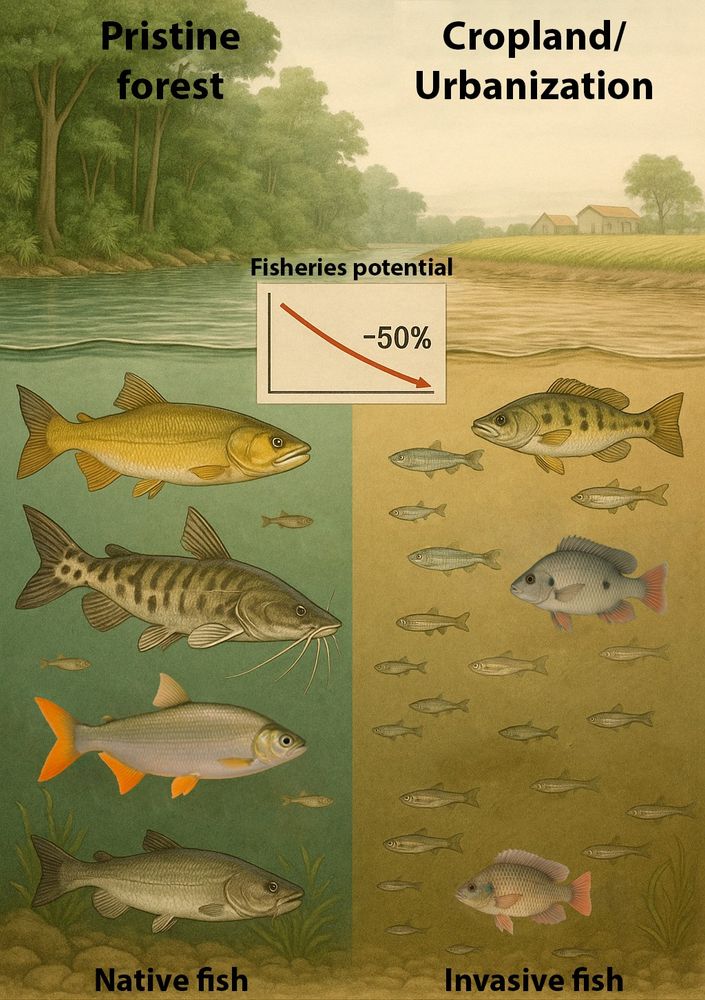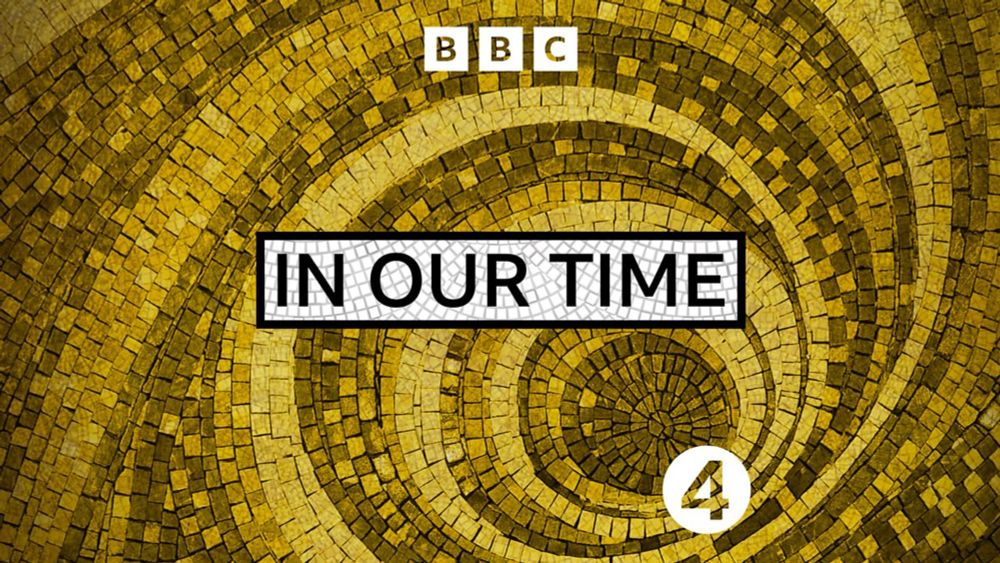Zebrafish without this gene showed higher cortisol levels, hyperactivity, and increased anxiety, offering new clues about how genetics shape behaviour and mental health. 🧬
www.nature.com/articles/s41...

Zebrafish without this gene showed higher cortisol levels, hyperactivity, and increased anxiety, offering new clues about how genetics shape behaviour and mental health. 🧬
www.nature.com/articles/s41...

www.qmul.ac.uk/sbbs/news/it...

www.qmul.ac.uk/sbbs/news/it...
🔗 www.qmul.ac.uk/sbbs/news/it...
@qmulse.bsky.social

🔗 www.qmul.ac.uk/sbbs/news/it...
@qmulse.bsky.social
Meet Losgna occidentalis, now officially part of science thanks to museum sleuthing and a global team of collaborators.
Read the full story: www.qmul.ac.uk/sbbs/news/it...

Meet Losgna occidentalis, now officially part of science thanks to museum sleuthing and a global team of collaborators.
Read the full story: www.qmul.ac.uk/sbbs/news/it...
Even undiagnosed ADHD symptoms = higher risk.
Find out more: www.qmul.ac.uk/sbbs/news/it...
@agnewblais.bsky.social @qmulse.bsky.social

Even undiagnosed ADHD symptoms = higher risk.
Find out more: www.qmul.ac.uk/sbbs/news/it...
@agnewblais.bsky.social @qmulse.bsky.social
lu.ma/10y82mai

lu.ma/10y82mai
at Inaugural Symposium of the Centre for Molecular Cell Biology!
📅 Monday 30th June, 9am - 6pm
📍 Skeel Lecture Theatre, People's Place, Queen Mary University of London
Find out more and register here: www.eventbrite.co.uk/e/inaugural-...

at Inaugural Symposium of the Centre for Molecular Cell Biology!
📅 Monday 30th June, 9am - 6pm
📍 Skeel Lecture Theatre, People's Place, Queen Mary University of London
Find out more and register here: www.eventbrite.co.uk/e/inaugural-...

Dr @davehone.bsky.social wrote for The Conversation UK about how ancient flying reptiles that lived alongside dinosaurs may hold the key to future aircraft and drone design.
theconversation.com/how-pterosau...

Dr @davehone.bsky.social wrote for The Conversation UK about how ancient flying reptiles that lived alongside dinosaurs may hold the key to future aircraft and drone design.
theconversation.com/how-pterosau...
#DevBio #EvoDevo

#DevBio #EvoDevo
qmul-jobs.tal.net/vx/mobile-0/...
qmul-jobs.tal.net/vx/mobile-0/...

That's what this article in the @theguardian.com seeks to explore, featuring SBBS' resident paleontologist, @davehone.bsky.social!
www.theguardian.com/science/2025...

That's what this article in the @theguardian.com seeks to explore, featuring SBBS' resident paleontologist, @davehone.bsky.social!
www.theguardian.com/science/2025...
#ADHDResearch #WomenInScience
#ADHDResearch #WomenInScience
Native fish are shrinking. Non-natives are thriving. Ecosystem services are vanishing.
doi.org/10.1038/s415...
#Ecology #Biodiversity #Conservation

Native fish are shrinking. Non-natives are thriving. Ecosystem services are vanishing.
doi.org/10.1038/s415...
#Ecology #Biodiversity #Conservation
He’s diving into big, bold questions—like using AI to predict evolution and unlocking the secrets of superorganisms to inspire medical breakthroughs. 🐜🤖💡
www.qmul.ac.uk/sbbs/news/it...

He’s diving into big, bold questions—like using AI to predict evolution and unlocking the secrets of superorganisms to inspire medical breakthroughs. 🐜🤖💡
www.qmul.ac.uk/sbbs/news/it...
Her research is tackling melanoma head-on by investigating how DNA mutations drive the disease—and could lead to more personalised cancer treatments.🧬🧪
www.qmul.ac.uk/sbbs/news/it...

Her research is tackling melanoma head-on by investigating how DNA mutations drive the disease—and could lead to more personalised cancer treatments.🧬🧪
www.qmul.ac.uk/sbbs/news/it...
‣ Only 1% of known insect species have reliable population data.
‣ 20% of assessed species are classified as threatened (IUCN).
‣ Most monitoring focuses on Europe and North America, leaving huge gaps in Africa & South America.
#Biodiversity #Conservation

‣ Only 1% of known insect species have reliable population data.
‣ 20% of assessed species are classified as threatened (IUCN).
‣ Most monitoring focuses on Europe and North America, leaving huge gaps in Africa & South America.
#Biodiversity #Conservation

theconversation.com/woolly-mice-...

theconversation.com/woolly-mice-...
@davehone.bsky.social has his say on this matter and much more as he speaks to the New Scientist about the history of dinosaurs in movies.🦕
Watch the full video: institutions.newscientist.com/video/246977...
📹: New Scientist (2025)
@davehone.bsky.social has his say on this matter and much more as he speaks to the New Scientist about the history of dinosaurs in movies.🦕
Watch the full video: institutions.newscientist.com/video/246977...
📹: New Scientist (2025)
Tim Lee, Lead Engineer: "One of our projects is connected to a residency building and will support 250 student showers 365 days a year."

Tim Lee, Lead Engineer: "One of our projects is connected to a residency building and will support 250 student showers 365 days a year."
Listen to the episode here and find out more about this fascinating topic: www.bbc.co.uk/programmes/m....

Listen to the episode here and find out more about this fascinating topic: www.bbc.co.uk/programmes/m....
Read the full study in @nature.com #MentalHealth: www.nature.com/articles/s44...

Read the full study in @nature.com #MentalHealth: www.nature.com/articles/s44...

